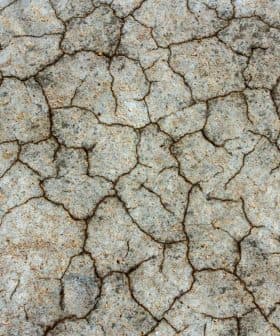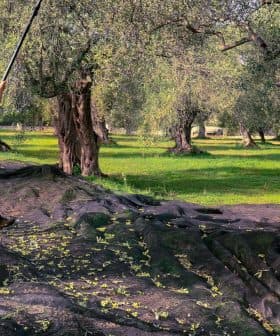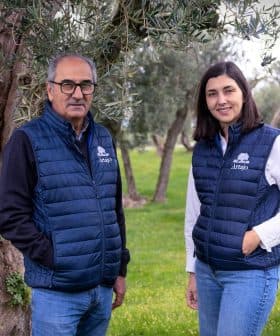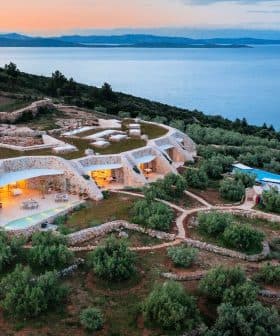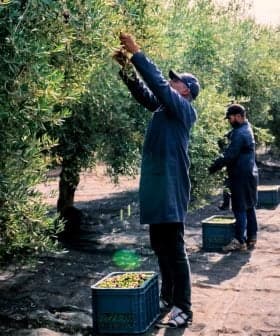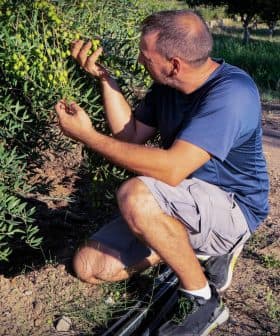In Lucca, Biodynamic and Organic Farming Make a Bit of Magic
Lucca in Tuscany is a hub for biodynamic farming, with farms like La Fabbrica di San Martino leading the way in sustainable agriculture practices endorsed by Demeter. Owner Giuseppe Ferrua follows Rudolph Steiner’s holistic approach, using lunar cycles and specific ingredients to produce high-quality olive oil, wine, and honey.
The small, medieval towns that dot the rolling hills of Tuscany have long been the stuff of dreams. The cuisine, the wine, the olive oil — with a verdant backdrop and archaic villages, they define good Italian living. Here the passion for food with integrity runs high, and it has made irascibly old-fashioned Lucca the hotbed of a progressive type of farming that eschews modern methods. There are more biodynamic farms in Lucca than anywhere else in Italy, and La Fabbrica di San Martino is at the forefront of this ardent group, producing olive oil, wine, and honey with methods that would surely surprise the uninitiated.
“Some people say we’re witches!” declares Giuseppe Ferrua, owner of San Martino. With his habitual grin, he explains the rather unusual methods that might lead one to come to such a conclusion. We are in front of a single olive tree that has been standing on this property for over 500 years and alone produces 20 liters of oil each year from the 3 varieties of olives that sprout on its different branches. Around us, the ground is covered in a layer of mixed cuttings, 27 different plants and seeds, each an element in a specific recipe for nourishing the soil.
The farm bears the endorsement of Demeter, the international agency that defines the stringent standards for biodynamic certification, all based on guidelines originally set out by Rudolph Steiner (also founder of the Waldorf schools) in 1924. Created as an alternative to newly developing chemical methods of crop control, Steiner’s method eschews all pesticides and fertilizers and instead treats the soil so that it maintains a rich and balanced bio-diversity within the soil and on the farm around it. It is regarded as the first modern system of agriculture that is truly sustainable.
The holistic approach requires extensive composting and use of manures from life on the farm, with preparations that include ingredients like Horsetail, chamomile, nettle, and even crushed quartz. Giuseppe follows the prescriptions and buries them in an animal’s horn for months before they are dispersed on the soil. Every step of his process, from seeding to harvesting to replenishing the soil, is governed by the cycle of the moon in its ellipse around the Earth, according to another of Steiner’s principles called Anthroposophy.
“It is like the tides,” Giuseppe explains, showing how the olives that are hand-picked in January must be harvested at just the right day of the lunar cycle to maximize the amount of liquid they contain. Inside his 18th century manor, where he also runs an agriturismo, Giuseppe shows me the detailed calendar that guides him in the cycles of the sky and stipulates when to proceed with each step of the process.
He takes some slices of bread from the grill over the open fire in his kitchen, drizzles them in a heavy dose of his latest batch of oil, and lets me taste the result. The clean, fruity taste of his blend of Frantoio, Leccino, and Moraiolo olives is delightfully harmonious, and I’m convinced there must be something to this cosmic harvesting.


